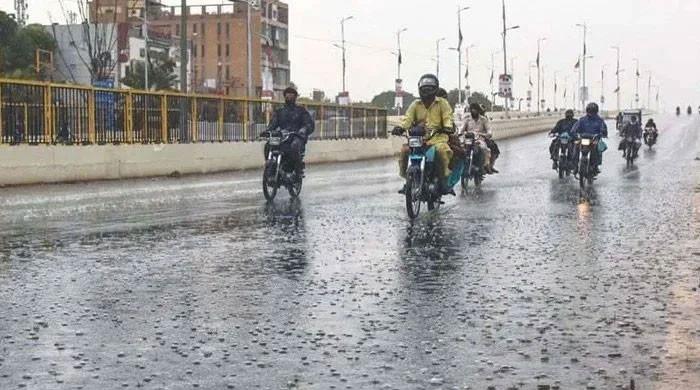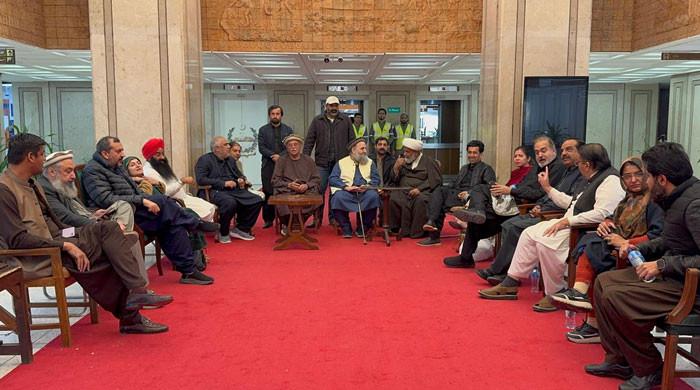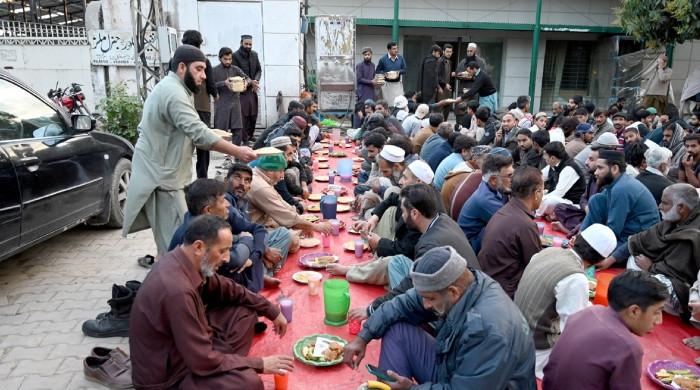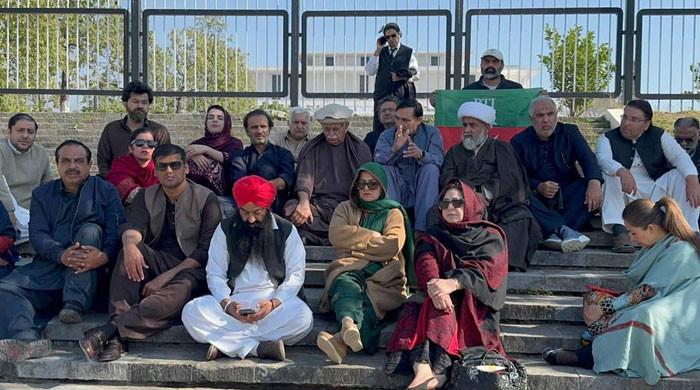COVID-19: Is Karachi close to achieving herd immunity?
Seroprevalence in the city is 36%, and if trends continue, 60% of the general population will soon become seropositive
September 20, 2020
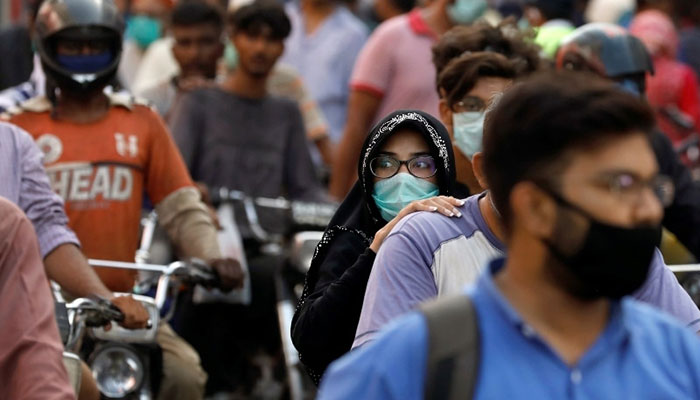
A study published in Oxford University Press' Journal of Public Health has found that 36% of Karachi's residents have coronavirus antibodies and if current trends continue, there is a reduced chance of a second wave hitting the city due to the populace having attained herd immunity.
The paper, authored by consultants and academics from the National Institute of Blood Diseases and Bone Marrow Transplantation Hospital (NIBD), focuses on the "seroprevalence" of coronavirus in the populace — the "incidence of a disease or illness within a distinct population at one time, as measured by serology tests".
Herd immunity develops when a significant chunk of the population has developed antibodies of a disease following infection, thereby reducing the chance of passing it on to others, which the researchers say is 60-70% of the population.
According to the study, conducted between May and July, if 36% of the adult population of Karachi is supposed to be seropositive (positive for COVID-19), then it can be hypothesized that in the next two-to-three months "∼60% of general population will become seropositive".
"This assumption or theory if proven right then it will reduce the chance of second wave in Karachi and increase the possibility of acquiring herd immunity," the paper adds.
Anadolu Agency quoted lead researcher Dr Samreen Zaidi as saying that follow up studies show that the seroprevalence rate has reached 60%, as was expected.
"We, on the basis of a gradual drop in cases, and other relevant factors, assume that there are low chances of a second wave of coronavirus," Zaidi told Anadolu Agency.
However, she acknowledged: "Assumptions are assumptions."
"The only limitation with this study is that our sample size is small. Therefore, we have recommended a further and wide-ranging research on the government level to double check the results of this study," she said.
Supporting her view, hematologist and head of NIBD, Dr Tahir Shamsi, claimed the country has "almost" attained herd immunity, indicating that there are low chances of a second wave of the pandemic.
"The data this study shows is until July. We are in September now, and the latest statistics, and testing results suggest that the seroprevalence or immunity rate is almost 60% now," Shamsi told Anadolu Agency.
He said the latest findings would be published after a month.
The study
Samples from 1,675 adult participants were collected for the study.
The population was divided into three groups — health care workers (HCWs), industrial workers and people from the community.
Of the samples received, 809 were from industrial employees, of which 407 (50.3%) tested positive for SARS-CoV-2-specific antibodies. This was the highest seroprevalence positivity rate.
Among the HCWs, 464 samples were received, of which 62 (13.2%) were positive for antibodies.
Out of 402 samples from the community, 135 (34%) were found to have antibodies.
The results showed that overall seroprevalence in the city is 36%, still far from the 60-70% needed for a population to have achieved herd immunity.
The authors, while hypothesising 60% of general population will become seropositive in the two-three months following the study, warned that this is subject to the fact that antibodies do not decline with time.
The authors cited global studies which found the waning of antibodies with time, "which will pose a huge challenge for the people worldwide and overall in acquiring herd immunity for COVID-19".
"Moreover, we need to assess the need of vaccine in seropositive individuals by having further research on neutralisation ability and half-life of these antibodies," the authors said.
"It also warrants the need of vaccine as in this case a second wave and subsequent outbreak is possible," they underscored.





